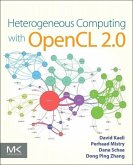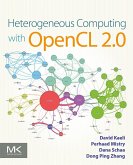
eBook, ePUB
18. Juni 2015
Elsevier Science & Techn.
eBook, ePUB
31. Dezember 2012
Elsevier Science & Techn.
Ähnliche Artikel
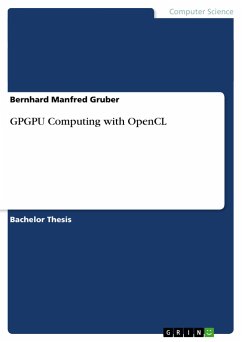
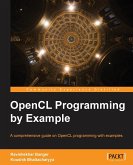
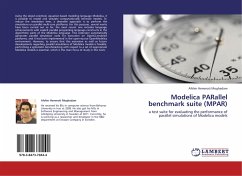
Broschiertes Buch
a test suite for evaluating the performance of parallel simulations of Modelica models
Aufl.
30. Januar 2012
LAP Lambert Academic Publishing
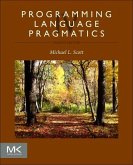
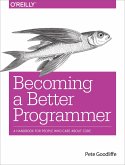
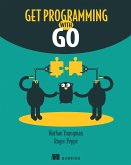
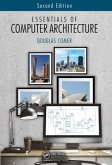
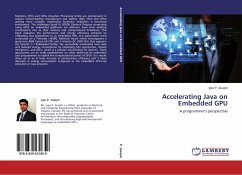
Broschiertes Buch
A programmer's perspective
19. Mai 2014
LAP Lambert Academic Publishing
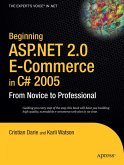
Broschiertes Buch
From Novice to Professional
1st ed.
21. Oktober 2005
Apress
978-1-59059-468-1
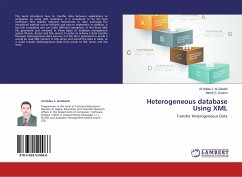
27,99 €
Versandfertig in 6-10 Tagen
Broschiertes Buch
Transfer Heterogeneous Data
8. Februar 2014
LAP Lambert Academic Publishing
Ähnlichkeitssuche: Fact®Finder von OMIKRON

